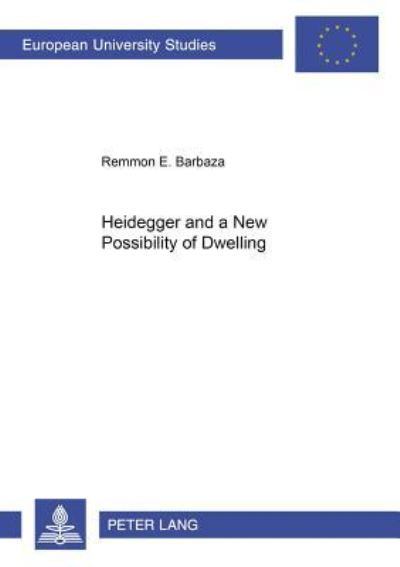
Initially motivated by the need to address the environmental crisis, this study is an attempt to inquire on what Heidegger means by the dwelling of human beings. It begins with the fundamental ontology of Being and Time (1927) and the concepts of earth, world and the thingness of things in The Origin of the Work of Art (1936), and then focuses on the public lectures of the 1950s, namely, The Thing, Building Dwelling Thinking, '...Poetically Human Beings Dwell...', and The Question Concerning Technology. In these later works, Heidegger's concept of the dwelling of human beings reaches its maturity. Dwelling, Heidegger asserts, is the fundamental character of the Being of human beings. Human beings dwell within the fourfold: on this earth and under the sky, before the divinities and as the mortals that they are. Within the fourfold, things are set free to be the things that they are insofar as human dwelling always occurs as a staying with things. But we who live in the age of modern technology - held as we are under the sway of a calculating and objectifying kind of thinking - have yet to learn how to dwell as human beings. It is poetry, understood primordially, that first of all lets human beings essentially unfold as the ones who dwell on this earth. Latent within the essence of modern technology is the supreme danger that is Ge-stell, or enframing, but also that other possibility - our heeding the call to dwell poetically on this earth.
| ISBN: | 9783631506899 |
| Publication date: | 4th September 2003 |
| Author: | Remmon E Barbaza |
| Publisher: | Peter Lang Edition an imprint of Lang, Peter, GmbH, Internationaler Verlag der Wiss |
| Format: | Paperback |
| Pagination: | 184 pages |
| Series: | Europaische Hochschulschriften : Reihe 20: Philosophie |
| Genres: |
Philosophy Ecological science, the Biosphere |